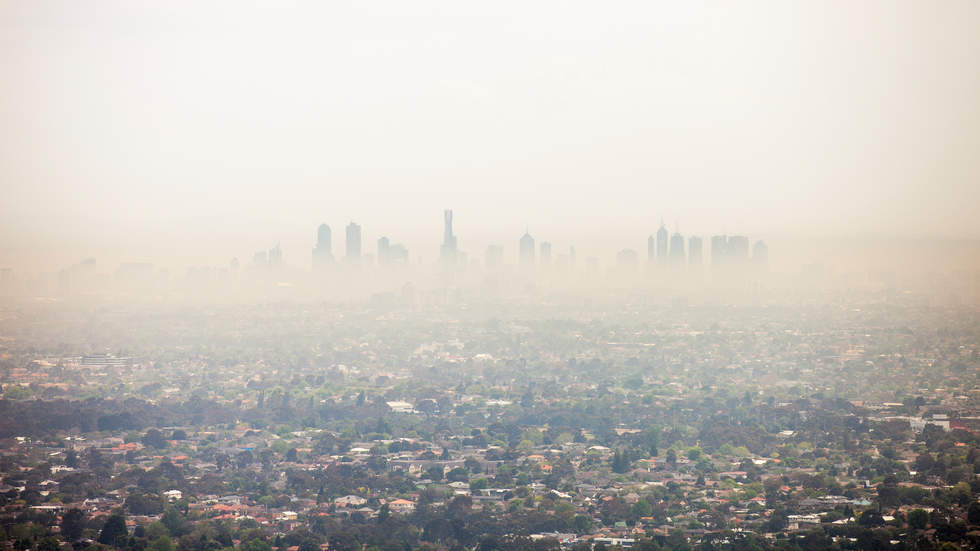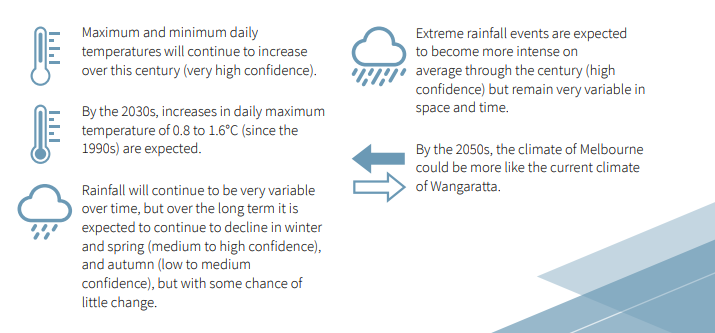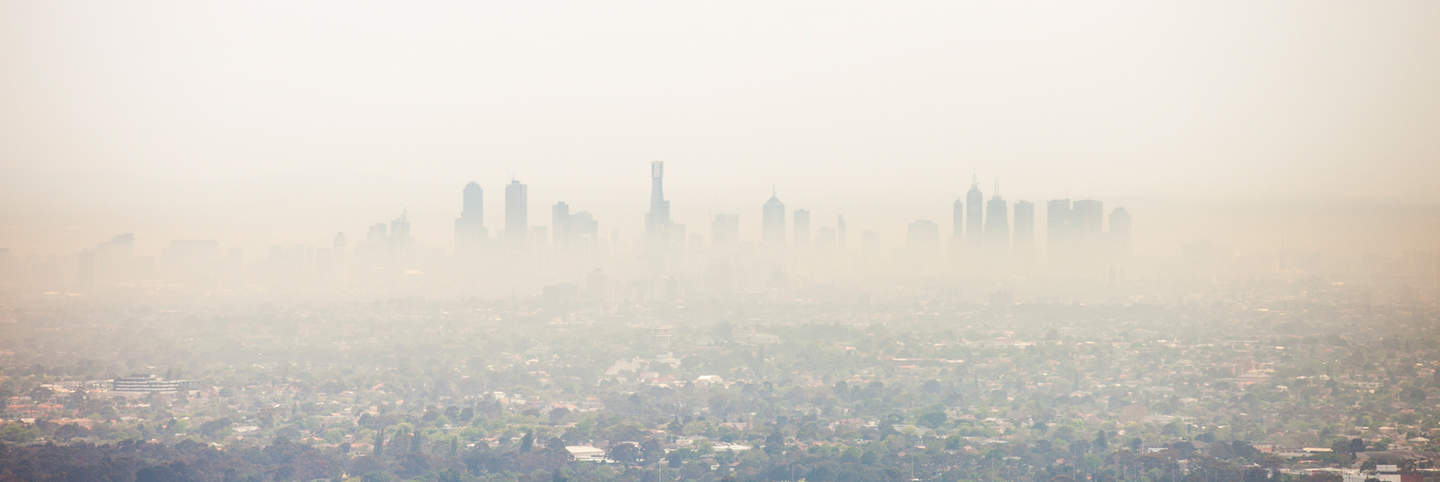
Climate Emergency: your questions answered
On 17 December 2019, Bayside City Council voted unanimously to declare a Climate Emergency. Declaration of a 'Climate Emergency' recognises the need for urgent, meaningful action on human-induced climate change at all levels of government, including local government.
View Bayside's Climate Emergency Action Plan
Climate Emergency declaration
What is the 'climate emergency'?
The most recent United Nations Intergovernmental Panel on Climate Change (UN IPCC) - the global body of scientists who assess the science on climate change for the United Nations - report predicts a range of dire economic, social and environmental impacts should global temperatures continue to rise at current rates (UN IPCC 2018 report).
These predictions are echoed at the local scale, with 2019 Commonwealth Scientific and Industrial Research Organisation (CSIRO) modelling indicating the following impacts for the greater Melbourne region:
- increased maximum and minimum temperatures,
- more intense rainfall events,
- rising sea level,
- more hot days and heat waves,
- less rainfall in winter and spring,
- harsher and longer fire seasons.

(Source: Greater Melbourne climate change predictions 2019, CSIRO & Victorian State Government)
Without concerted effort to significantly reduce greenhouse gas emissions, global warming is likely to reach 1.5°C between 2030 and 2052 (UN IPCC 2018 report). The UN IPCC report states that as a global community, we could have just 12 years left to limit a climate catastrophe.
Climate impacts are already causing serious loss of life and destroying vital ecosystems with global average temperature, atmospheric greenhouse gases, and ocean acidity reaching dangerous levels.
Councils that have declared a 'Climate Emergency' recognise that climate change is causing significant damage to our economy, society, and environment, and that urgent, emergency action is required to reverse current trends and secure our planet.
1,767 jurisdictions in 30 countries have declared a Climate Emergency, and this number continues to grow. In Australia, 96 Councils have done so. In Victoria, 32 Councils have formally declared, including Bayside City Council.
What happens now?
Following Council's resolution to declare a Climate Emergency, we have developed a Climate Emergency Action Plan. The plan was adopted by Council on 15 September 2020.
The plan includes actions Council will take to respond to the Climate Emergency, as well as support for the community to take action on climate change.
View the Climate Emergency Action Plan.

What is Bayside City Council already doing to tackle climate change?
We are taking a range of actions to directly address climate change mitigation (reducing greenhouse gas emissions) and climate change adaptation (preparing for the impacts of climate change).
Carbon Neutral 2020
In 2008, we committed to be carbon neutral in our operations by 2020 and have now achieved this goal.
Carbon neutrality is achieved when the net greenhouse gas emissions produced by an organisation's activities, products, services, and events are equal to zero. Our approach to carbon neutrality is to AVOID, REDUCE, SWITCH, and OFFSET.
- AVOID greenhouse gas emission in our activities and processes;
- REDUCE greenhouse gas emissions through improved energy efficiency in our buildings and assets, and reduction in use of greenhouse gas intensive fuels;
- SWITCH from fossil fuel energy generation to renewable energy by installing solar on our buildings, and procuring electricity from renewable energy sources for public lighting, large and small sites (from July 2020);
- OFFSET residual greenhouse gas emissions using National Carbon Offset Standard certified carbon offsets.
Council will maintain carbon neutrality as an action of the Climate Emergency Action Plan.
For more information on carbon neutrality in Bayside, see the Carbon Neutrality Action Plan 2018-2020.
South East Councils Climate Change Alliance
We are a member of the South East Councils Climate Change Alliance (SECCCA), working collaboratively with other councils in South East Melbourne to deliver climate change projects, drive a regional zero-emissions economy, and build community resilience to climate change impacts.
Coastal Management
Sea level rise, more frequent storm events, and changes to average temperature and rainfall are expected to increase the risk of coastal erosion, inundation, infrastructure damage, and drought conditions.
We have adopted a range of environmental sustainability policies applied to the foreshore including Water Sensitive Urban Design (WSUD), stormwater and coastal vegetation management, and ensuring that climate change impacts are taken into account in the design and construction of foreshore infrastructure.
For more information, see the Bayside Coastal Management Plan 2014.
Food and Green Waste Recycling
We have introduced a food and green waste service, which aims to reduce food waste to landfill and reduce greenhouse gas emissions. Food waste recycled using the service is transformed into compost for Victorian farmers.
What you can do
Take action on climate change
Council has adopted a community greenhouse gas emissions reduction target of 75% below 2005 levels by 2030, and net zero by 2035 (or earlier).
To achieve a safer climate and a thriving community, we need to work together.
Click through to find out what actions you can take to reduce emissions and find out more about programs on offer to help support households, businesses, and community groups in the transition to zero emissions.
Now is the time to switch to renewable energy and electrify your home – Love Bayside, go for zero!
Protect yourself from the impacts of climate change
Climate change impacts such as increased temperatures, intense rainfall events, rising sea levels, and longer fire seasons are projected for the greater Melbourne area. Protect yourself and your loved ones during extreme weather events by getting prepared:
- Keep important documents (such as passports, birth certificates, and property deeds) safe by copying them and storing them online. Store original copies in a bank safe deposit box, or at home in a fire-resistant and water-proof safe.
- Check your insurance policies are current and adequate.
- Subscribe for emergency alerts on the VicEmergency website, or download the VicEmergency app to receive updates on your mobile phone. You can also view heat health alerts on the health.vic website.
- Check on elderly loved ones and neighbours during a heatwave.
More information
For more information, contact the Environmental Sustainability team via email at brighter@bayside.vic.gov.au, or by phoning (03) 9599 4807.